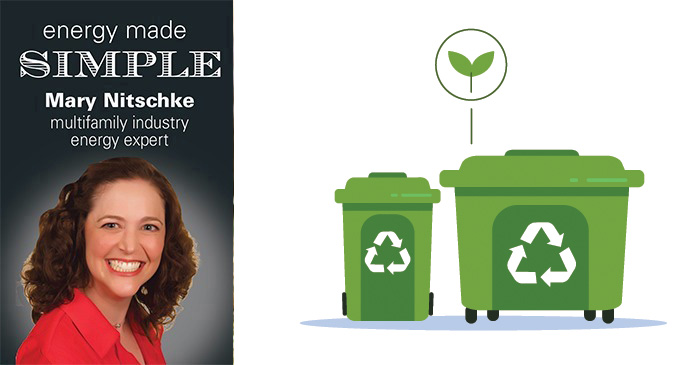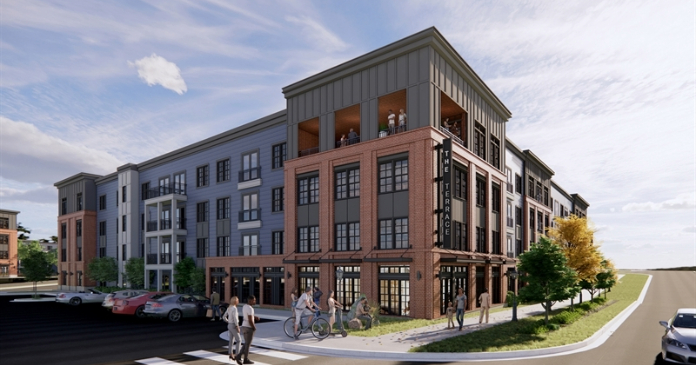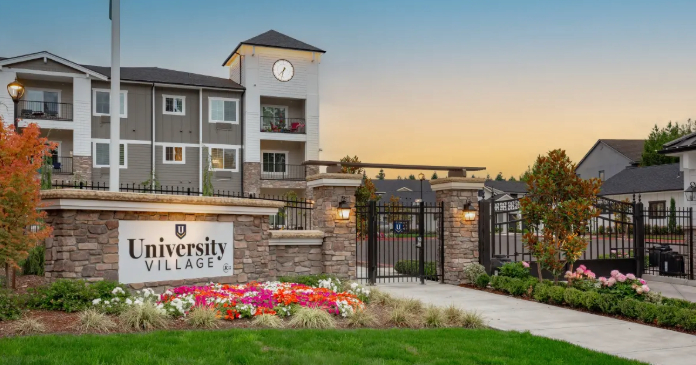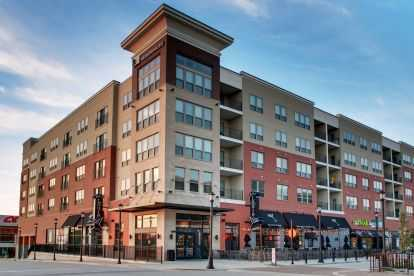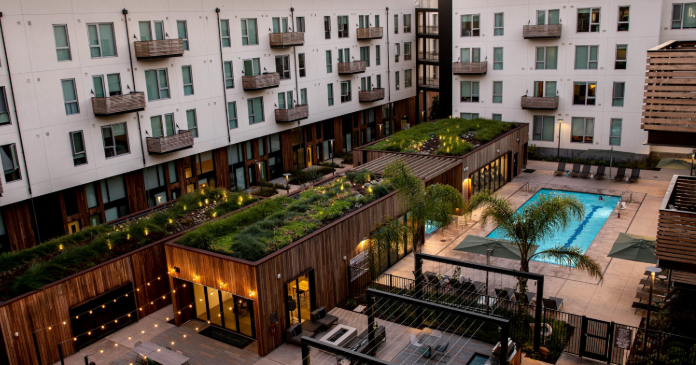About four years ago, I was implementing a recycling program at a property in Nevada. As part of the program, I ran a resident engagement event to ensure everyone knew which bins were trash and which bins were recycling as well as which material belonged in each. I lured residents in with bagels, coffee, and giveaways. An older gentleman came up my table and without any greeting or pleasantries said to me, “I am a REPUBLICAN, why should I care about recycling?” In my mind I was thinking “I know lots of Republicans who recycle so I am not sure what correlation I am supposed to make here.” Rather than launch into a political debate over which party does or does not recycle, I simply asked him. “Well sir, do you like money?” His brow furrowed as he squinted at me, “Yes” he replied cautiously. “I have run the hauler’s cost per pick up for trash against the cost per pick up of recycling. Recycling is much cheaper. If we can get to 50 percent recycling, we cut trash costs by about 25 percent.” His bushy eyebrows rose to mid-forehead as his eyes widened. “What do I need to do?”
When we think about recycling in apartment buildings, the environmental benefits often come to mind first: reducing landfill waste, conserving natural resources, and lowering carbon footprints. Yet for property managers, owners, and even residents, there is another compelling angle: the economic upside.
Implementing or improving a recycling program in an apartment complex is not just an eco-friendly choice; it is a financially savvy one. Let us break down the key economic advantages:
Understanding Waste Disposal Costs
Most waste management contracts for multifamily housing charge based on:
- Frequency of pickups: How often dumpsters need to be emptied.
- Size of dumpsters: Larger dumpsters or more numerous ones cost more.
- Weight/Volume of trash: Some contracts include fees based on how much actual trash is hauled away.
In some markets, the costs of recycling are embedded in the cost of your waste bins, and others typically have lower rates per service for recycling than waste. It is always important to look at the rates of both services when designing the waste program at your community. By adding or enhancing a successful recycling program, you can divert a substantial amount of material (paper, cardboard, plastic, glass, metal) away from the general waste stream. Less trash means:
- Potentially reducing the required size or number of expensive trash dumpsters.
- Possibly decreasing the frequency of trash pickups.
- Lowering weight-based disposal fees (often called “tipping fees” at landfills).
These reductions directly translate into lower monthly waste hauling bills, boosting the property’s bottom line. Unless you are locked into an agreement, do not assume that because you looked at the rates once, nothing has changed. Even then, do not assume that your program is right sized as trash/recycling needs change over time.
Recycling in apartment complexes is far more than just an environmental gesture. It is a strategic operational decision with tangible economic benefits. If you are like my new best friend in Nevada and “like money,” you should always look at your program to see if you have an opportunity to optimize.


